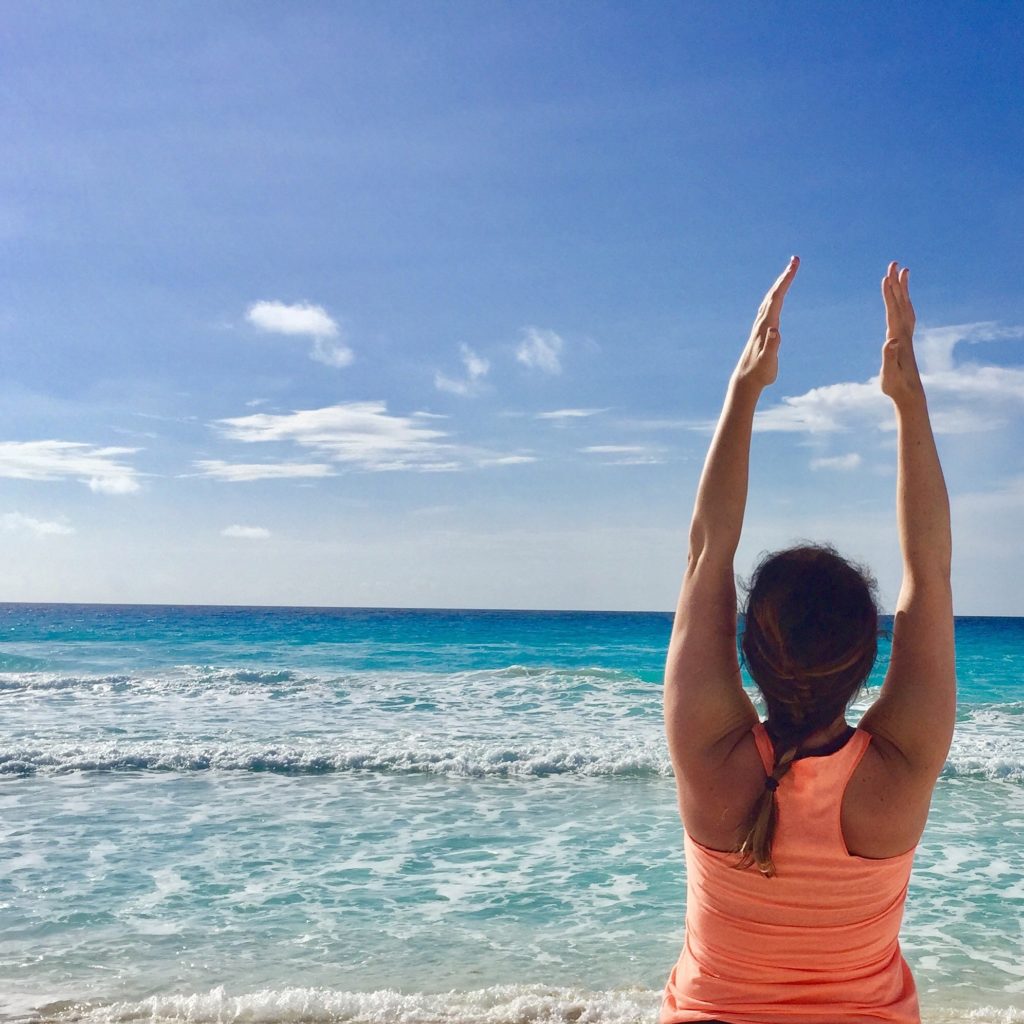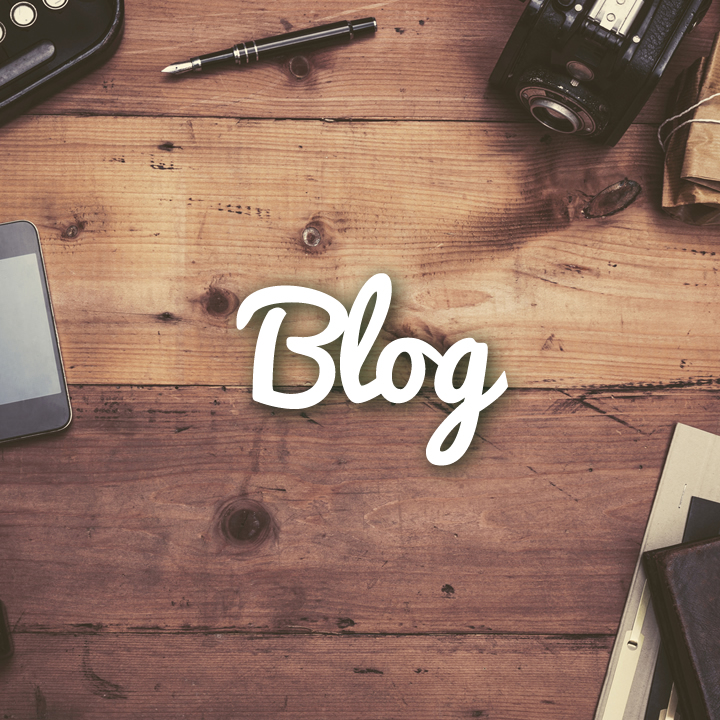Aromatherapy and Stress Relief
“In today’s fast-paced, high-pressure world, finding moments of calm and relaxation can feel like a task in itself. Yet, it’s essential for our mental and physical health to prioritize stress relief. Aromatherapy, the art, and science of using essential oils extracted from nature’s loveliest plants and flowers, offers a holistic approach to stress management. Harnessing the power of scent, these oils can stimulate the brain and help create a peaceful and relaxing atmosphere right within your own home. In this comprehensive guide, we will delve into the world of aromatherapy, exploring its principles, the unique properties of different essential oils, and how you can incorporate them into your daily routine for stress relief and improved wellbeing. Read on to discover the restorative power of these natural elixirs.”
Absolutely, I’d be happy to help with that. Here’s a comprehensive guide to using aromatherapy for stress relief.
**What is Aromatherapy?**
Aromatherapy, also known as essential oil therapy, involves using natural plant extracts to promote health and well-being. Aromatherapy uses aromatic essential oils to improve physical, mental, and spiritual health. The idea behind aromatherapy is that the smell can stimulate brain functions and create a sense of overall relaxation and mental health.
**How does Aromatherapy Work for Stress Relief?**
In terms of stress relief, aromatherapy works by stimulating smell receptors in the nose, which then send messages through the nervous system to the limbic system – the part of the brain that controls emotions. Certain smells can trigger a relaxation response in the brain, reducing feelings of anxiety or stress.
**Essential Oils for Stress Relief and How to Use Them**
Here are several essential oils known for their stress-relieving properties, as well as suggested methods for using them:
1. **Lavender**: Lavender is one of the most popular essential oils for stress relief and sleep. It’s believed to have a calming effect on the brain, helping to reduce feelings of anxiety and promoting better sleep. Use a diffuser to disperse the scent throughout a room, or add a few drops to a bath or pillow.
2. **Chamomile**: Roman chamomile, in particular, is known for its calming effects and is often used to reduce anxiety, irritability, and insomnia. You can add it to a diffuser or use it in a calming tea.
3. **Ylang Ylang**: This essential oil is believed to act on the olfactory system in the brain and help to regulate the stress response. It can be used in a diffuser, added to bath water, or massaged into the skin when combined with a carrier oil like coconut or jojoba.
4. **Bergamot**: Bergamot is a citrus-scented essential oil that is often used to reduce stress and improve mood. It can be used in a diffuser or applied directly to the skin when diluted with a carrier oil.
5. **Rose**: Rose oil is known for its calming and soothing properties. It’s believed to reduce anxiety and promote feelings of relaxation. It can be added to a diffuser, bath water, or a lotion for topical application.
6. **Frankincense**: Frankincense is said to provide a calming and tranquil energy as well as spiritual grounding. In aromatherapy, it helps deepen meditation and quiet the mind.
7. **Vetiver**: Vetiver is known to provide a grounding and reassuring energy, often used in trauma helping with self-awareness and calmness.
Carrier oils are used to dilute essential oils before they are applied to the skin in massage, lotions, and other topical applications. Here are some commonly used carrier oils:
- Jojoba Oil: This is a great carrier oil because it closely resembles the skin’s sebum. It’s suitable for all skin types and absorbs quickly.
- Sweet Almond Oil: This is a light oil that is rich in Vitamin E, a potent antioxidant. It’s suitable for most skin types, though people with nut allergies should avoid it.
- Coconut Oil: Available in both refined and unrefined types, coconut oil is a good carrier oil for dry skin. It’s solid at room temperature but melts when it comes into contact with skin.
- Grapeseed Oil: This oil is lightweight and has a slightly nutty aroma. It’s rich in linoleic acid, which is great for skin health.
- Avocado Oil: A rich and nourishing oil, avocado oil is high in fatty acids and vitamins A, D, and E. It’s a good choice for people with dry or mature skin.
- Olive Oil: While it’s a bit heavier than other oils, olive oil is easily accessible and good for dry skin. However, it has a stronger aroma that might mix with the scent of your essential oils.
- Sunflower Oil: This is a light, non-greasy oil that won’t leave skin feeling oily. Sunflower oil is rich in vitamin E and is good for most skin types.
- Apricot Kernel Oil: This oil is rich in vitamins A, C, and E, and is great for sensitive or dry skin.
- Argan Oil: Known for its healing and restorative properties, argan oil is rich in vitamin E, making it a great choice for skin and hair treatments.
- Fractionated Coconut Oil: Unlike regular coconut oil, fractionated coconut oil remains liquid at room temperature, making it suitable for use in roller bottles or other applications where liquid oil is preferred.
Remember, the choice of carrier oil can depend on personal preference, the specific use, and potential allergies or sensitivities. Always do a patch test before applying a new product to your skin.
The following essential oil blends are specifically designed to soothe the senses, relax the mind, and promote an overall sense of wellbeing. They are easy to make at home and can be used in a variety of ways.
Sure, here are a few essential oil blends designed to help reduce stress:
**1. Relaxing Lavender Blend**
– 10 drops Lavender essential oil
– 10 drops Chamomile essential oil
– 2 tablespoons of a carrier oil (like Jojoba or Sweet Almond Oil)
**Usage**: Mix all ingredients together and massage into your skin, or add to a warm bath.
**2. Uplifting Citrus Blend**
– 10 drops Bergamot essential oil
– 10 drops Orange essential oil
– 2 tablespoons of a carrier oil (like Coconut or Grapeseed Oil)
**Usage**: Blend together and apply to your wrists or the back of your neck for a quick pick-me-up during the day.
**3. Calming Diffuser Blend**
– 5 drops Lavender essential oil
– 3 drops Ylang Ylang essential oil
– 2 drops Frankincense essential oil
**Usage**: Add the oils to your diffuser following your device’s instructions and enjoy the calming aroma filling your space.
**4. Stress Relief Inhaler Blend**
– 15 drops Bergamot essential oil
– 10 drops Vetiver essential oil
– 5 drops Lavender essential oil
**Usage**: Mix the essential oils and add them to a personal inhaler. When you’re feeling stressed, take out the inhaler and breathe deeply to help alleviate tension.
**5. Sleepy Time Roller Blend**
– 10 drops Lavender essential oil
– 10 drops Chamomile essential oil
– 10 drops Vetiver essential oil
– Carrier oil to fill (like Fractionated Coconut Oil)
**Usage**: Add essential oils to a 10ml roller bottle and then fill the rest of the bottle with your carrier oil. Apply to your wrists and under your nose before bed to promote relaxation and better sleep.
Please remember to always do a patch test before applying these blends to your skin, and dilute more if necessary. Everyone’s skin is different, and some people may be more sensitive to certain oils than others. Also, use these oils in a well-ventilated area and avoid contact with your eyes.
**Guidelines for Using Essential Oils Safely**
While essential oils can provide many benefits, they should also be used safely:
– Always dilute essential oils with a carrier oil if you plan to apply them to the skin. Essential oils are potent and can cause skin irritation or allergic reactions in some people if applied undiluted.
– Some oils (like citrus oils) can make your skin more sensitive to the sun, so be cautious about sun exposure after applying these oils to your skin.
– Always do a patch test on a small area of skin before applying an oil all over.
– Certain oils should be avoided by pregnant or breastfeeding women, as well as people with specific health conditions. Always do your research or consult a healthcare provider.
– If you’re new to essential oils, start with just one or two to see how they affect you.
– Avoid putting oils directly into your eyes or ears.
– Some people may experience headaches or allergic reactions when exposed to certain aromas. Stop using the oil immediately if you notice any adverse reactions.
**Creating a Stress-Relieving Aromatherapy Routine**
Now that you have an understanding of how different essential oils can contribute to stress relief and a few safety precautions, here’s a suggested routine to incorporate aromatherapy into your daily life:
1. **Morning Routine**: Start your day with uplifting and energizing scents. Citrus oils such as bergamot, lemon, or grapefruit are great for promoting positivity and vitality. Add a few drops to your shower or diffuse them while you’re getting ready for the day.
2. **Work or Study**: If you’re working or studying and need to relieve stress or enhance focus, try diffusing rosemary or peppermint oil. Both are believed to promote concentration and memory.
3. **Relaxation Time**: When it’s time to wind down, use oils like lavender, ylang ylang, or chamomile. These can be diffused in your living area, added to a warm bath, or even dabbed onto your temples or wrists (when properly diluted with a carrier oil).
4. **Bedtime**: To promote restful sleep, diffuse calming oils like lavender, chamomile, or vetiver in your bedroom. Alternatively, add a few drops of oil to your pillowcase or bedding. Just be sure it’s a scent you enjoy and find relaxing, as the goal is to promote a sense of tranquility and restfulness.
Remember, everyone responds differently to essential oils, so it may take some experimenting to find what works best for you. Also, while aromatherapy can be a powerful tool for stress relief, it should not replace professional medical advice. If you’re dealing with high levels of stress or anxiety, reach out to a healthcare provider.




